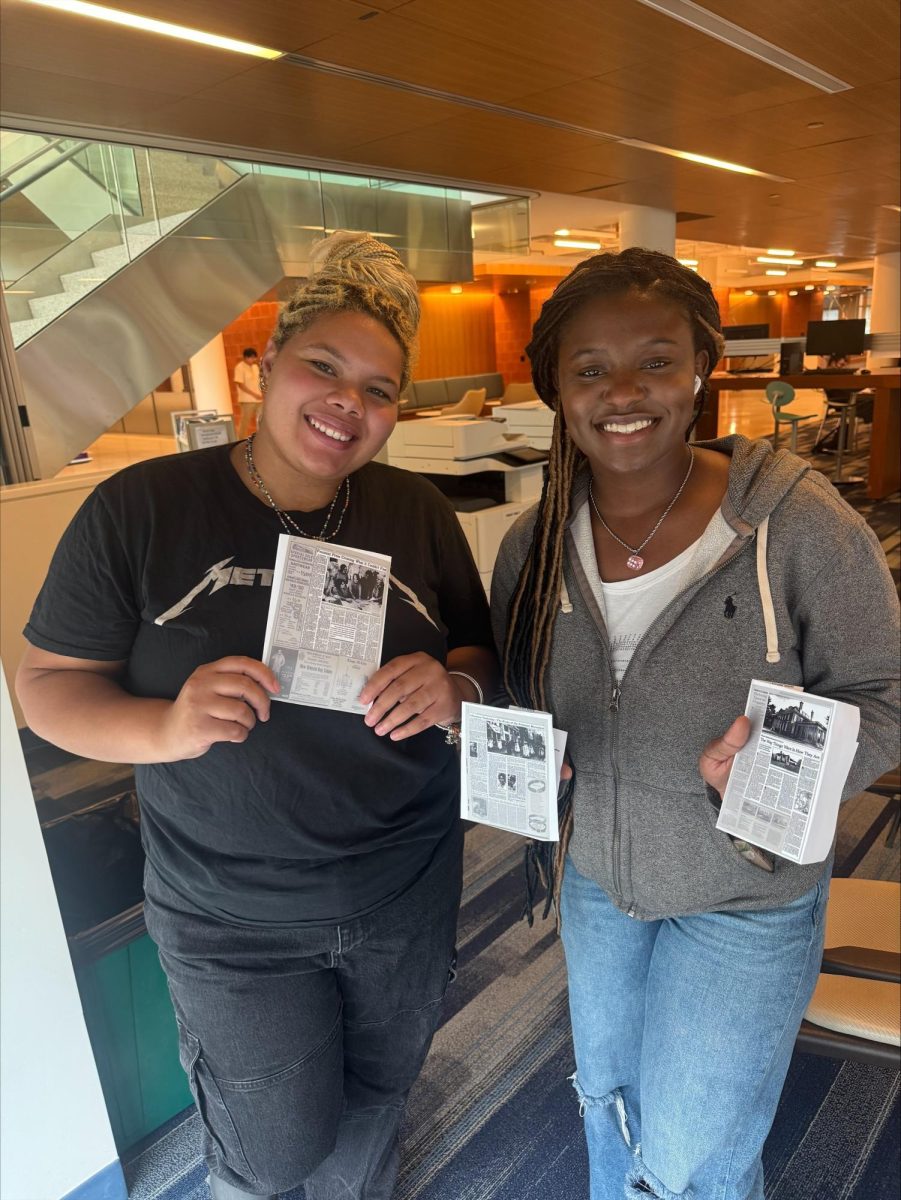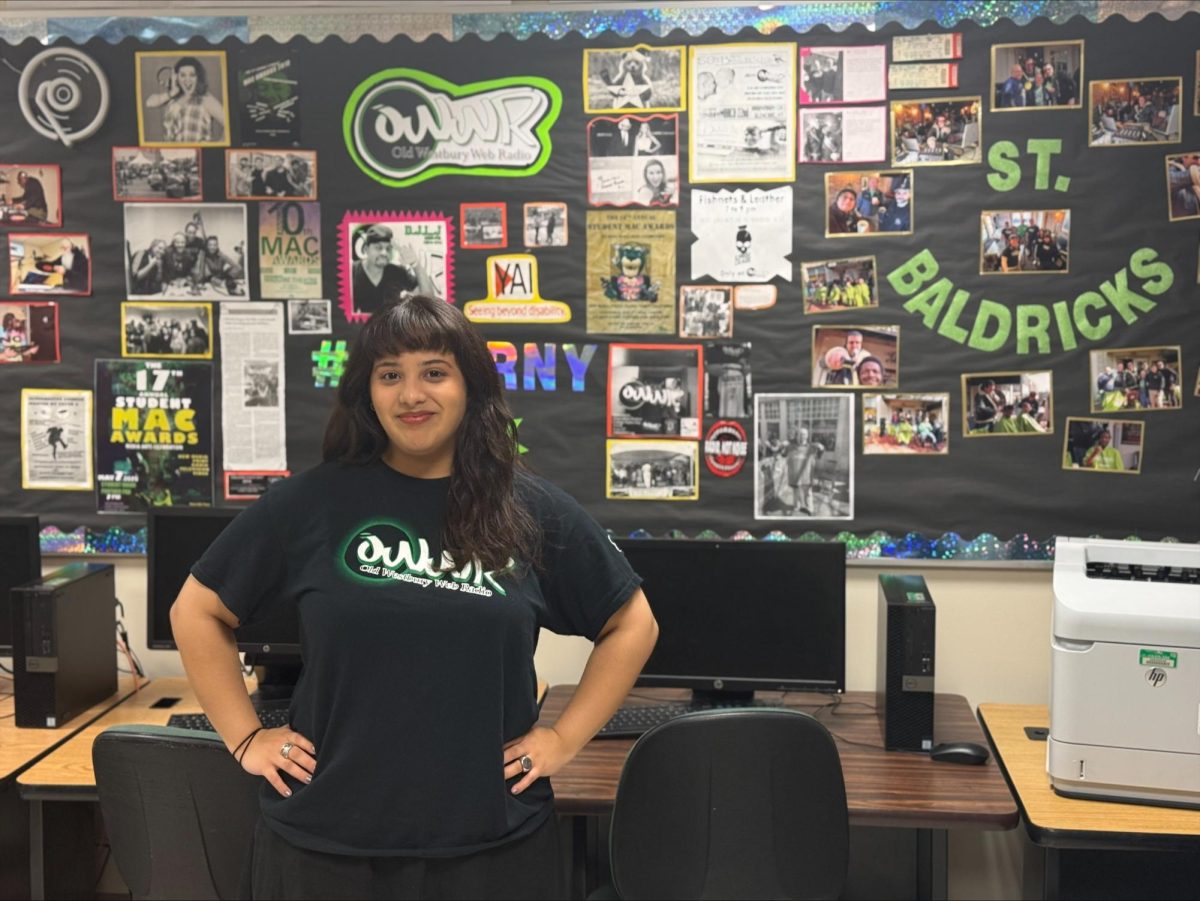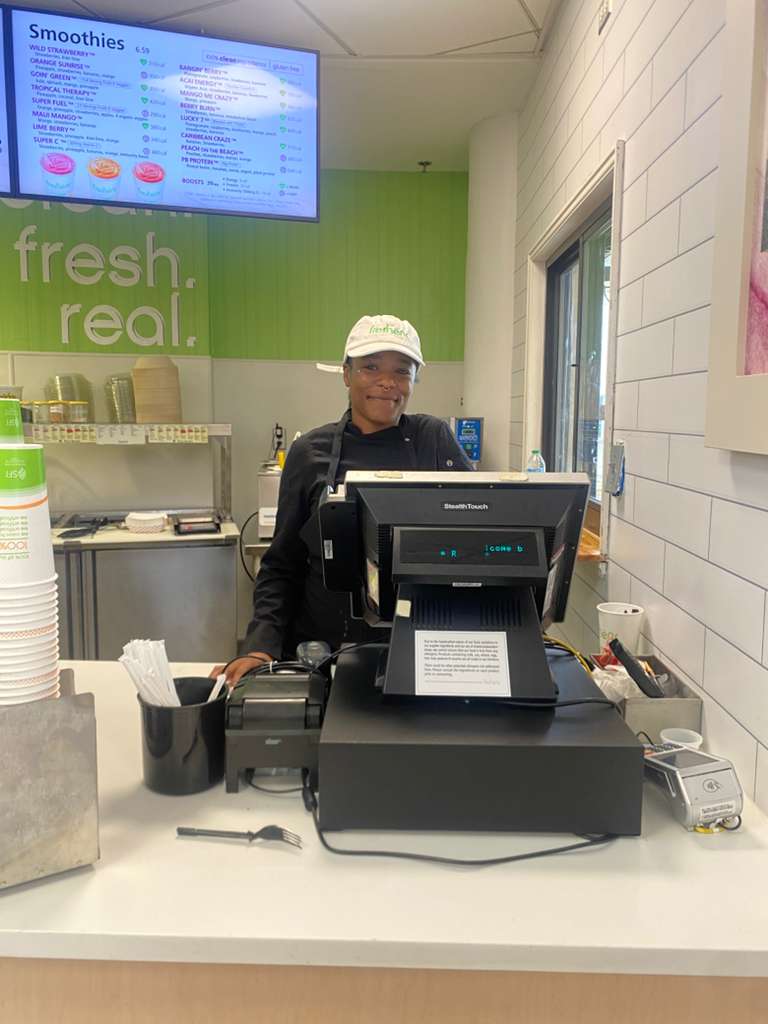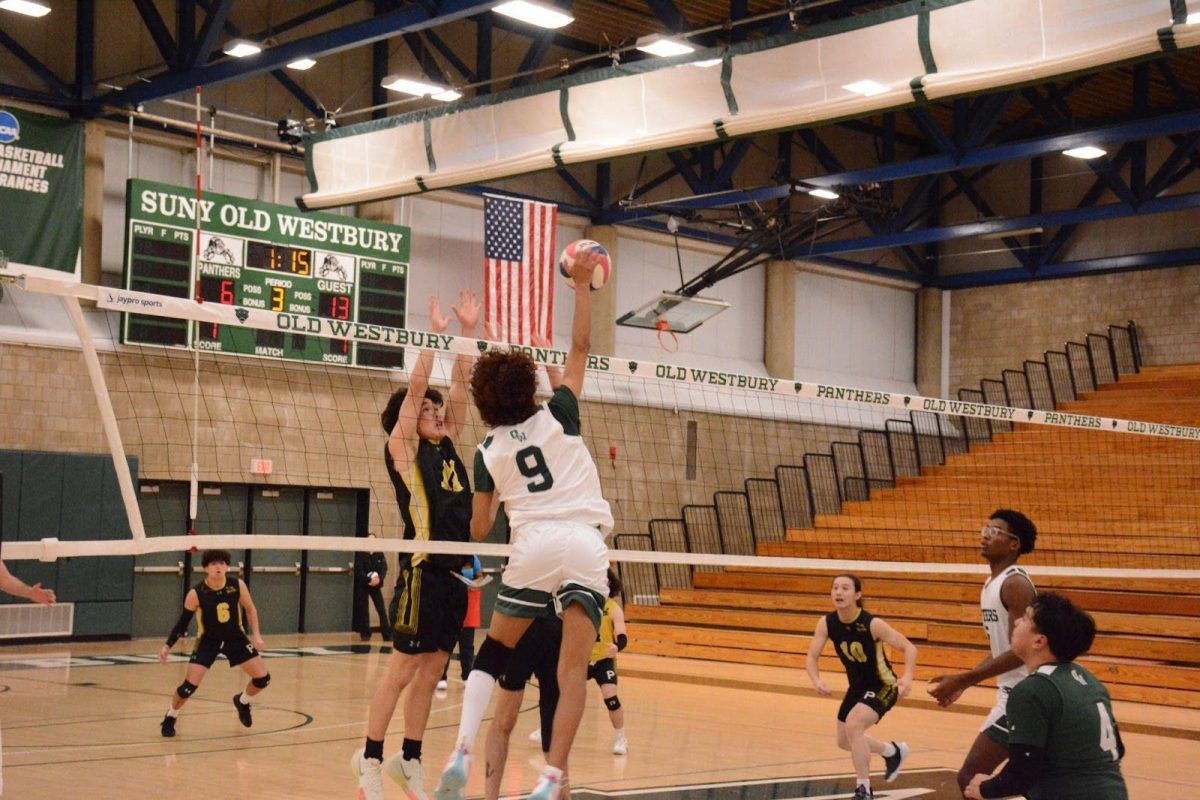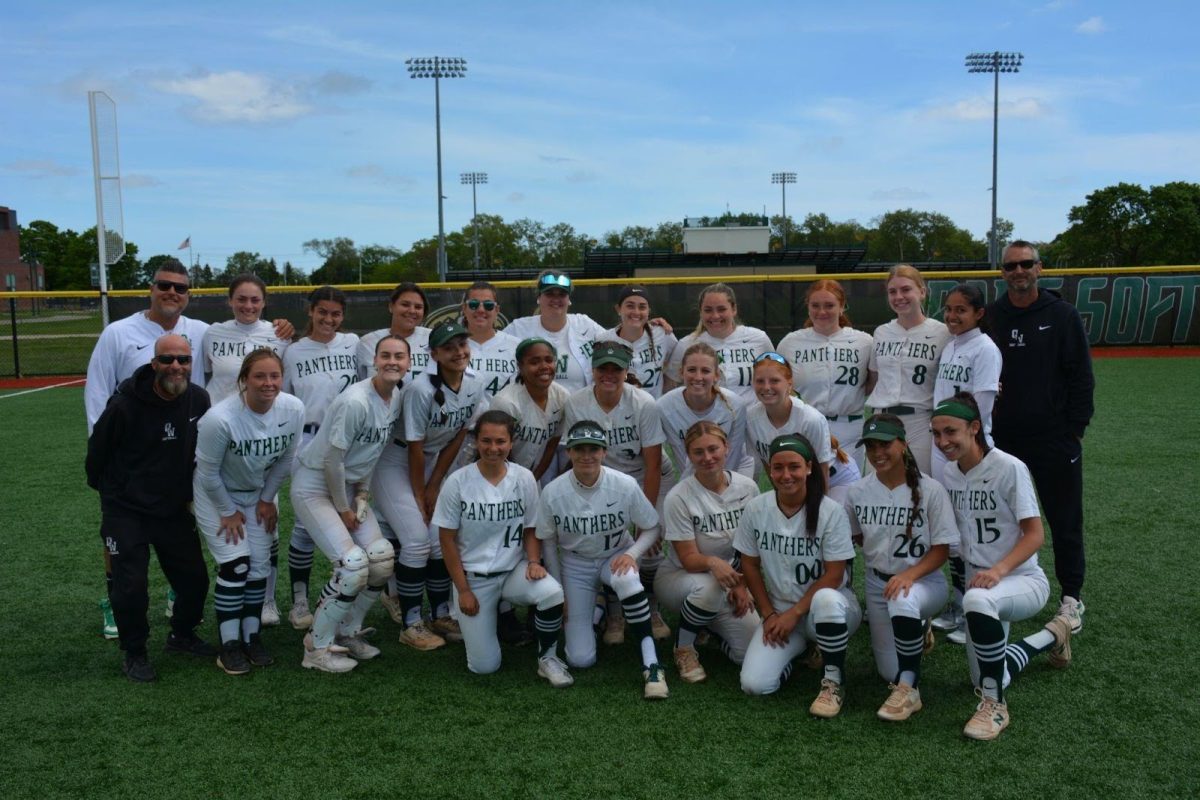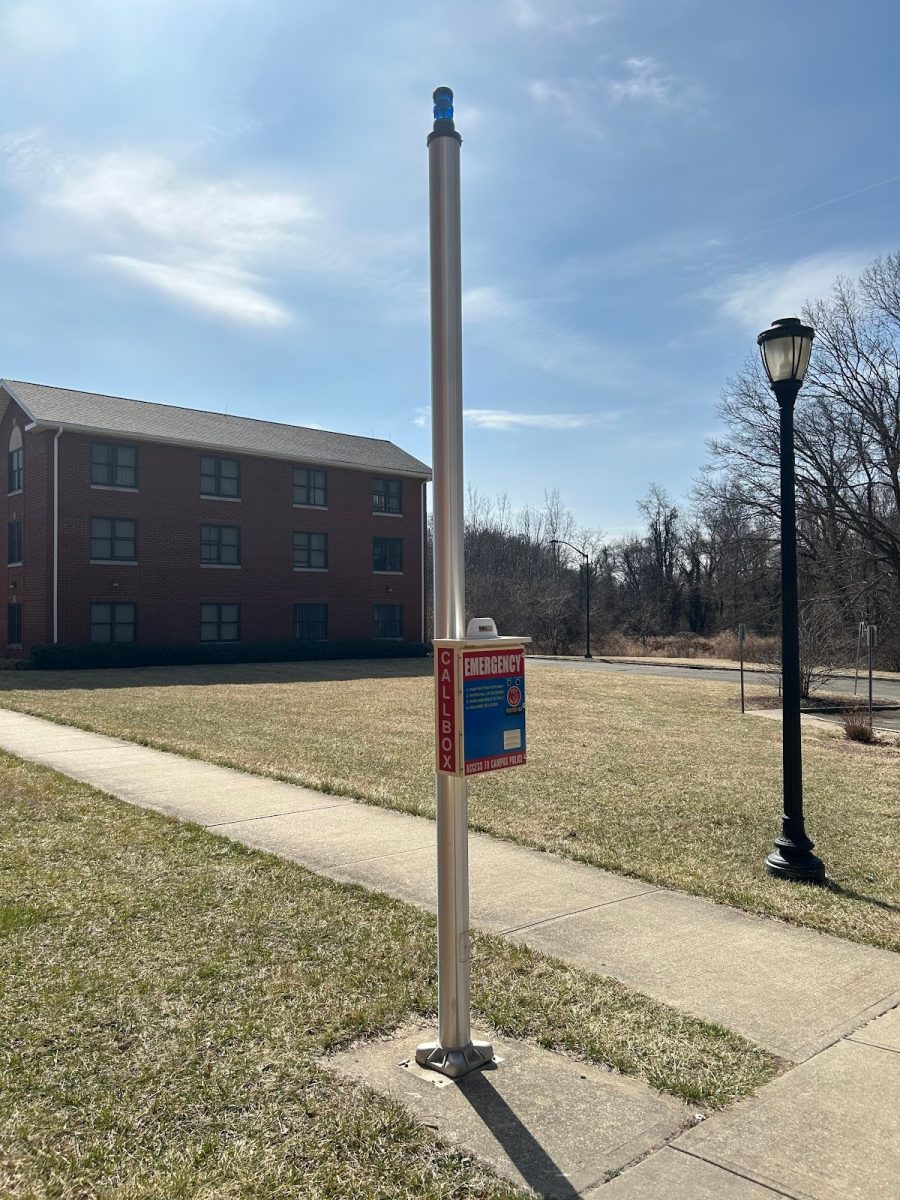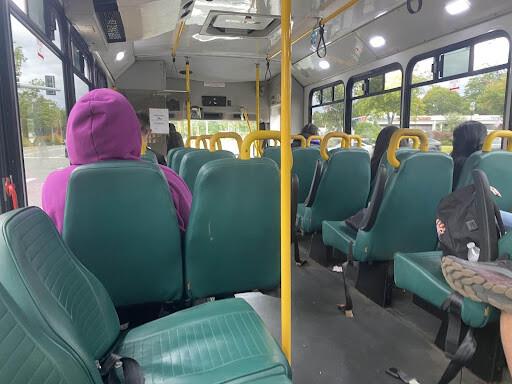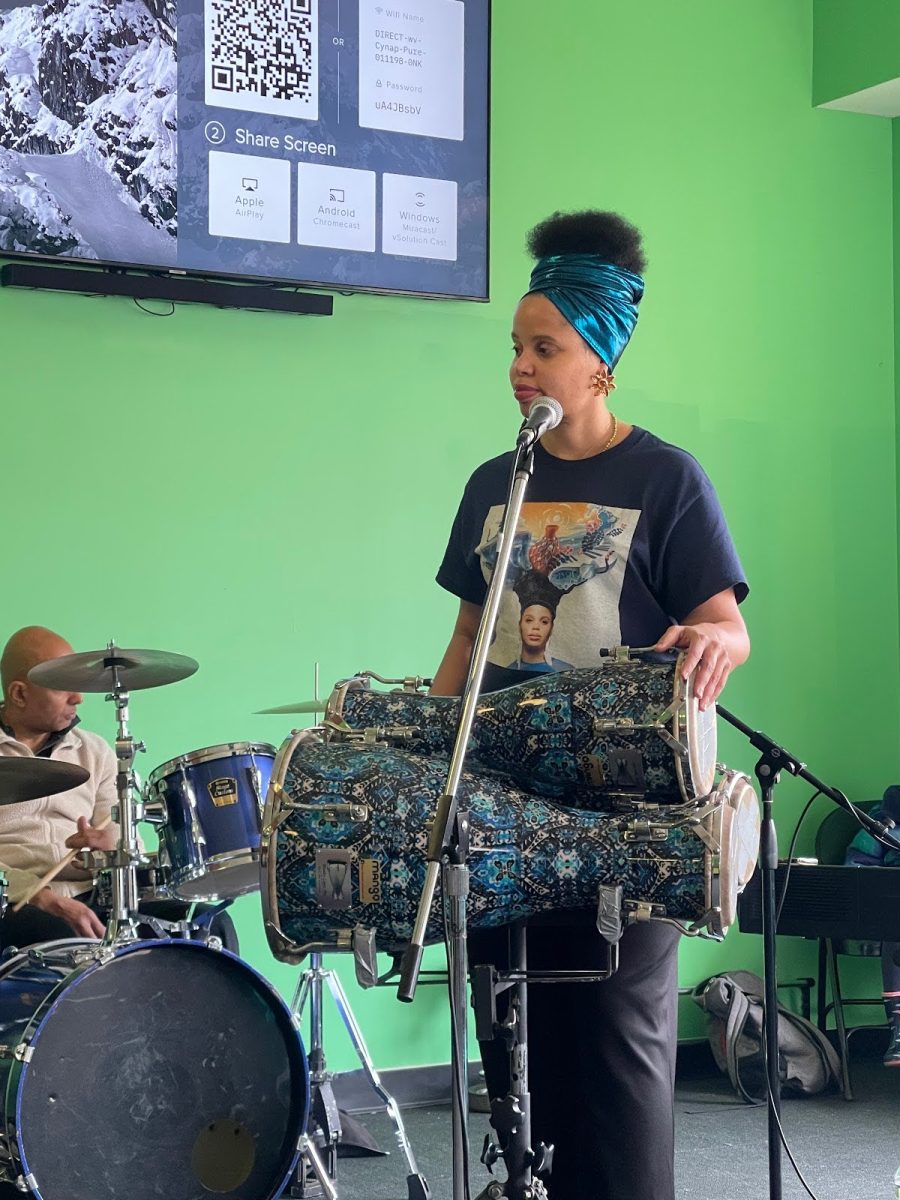
As the official one-year mark of the COVID-19 pandemic has recently passed, it is common for unwanted feelings and emotions to emerge, making it the ideal time to focus on one’s self-care. After spending over 365 days socially distancing from everything, daydreaming about concerts or shows, and avoiding holidays with loved ones, it is essential to acknowledge the toll that this unprecedented time has taken on both your physical and mental wellness.
With the increase in unemployment and the evident, eminent, ever-growing threat of the global pandemic outside your door, you must be proactive with yourself and focus on your self-care routine. Suicidal thoughts have also been on the rise since the start of quarantine, especially in young adults (ages 18-24), drawing much needed attention to individuals of all ages on how they are coping with the effects of the coronavirus outbreak. Suicidal thoughts in young adults increased 15 percent going from 10.7 percent to 25.5 percent, while increasing by 7 percent from 2018-2020.
Self-care is the imperative practice of taking an active role in your own happiness or well-being, especially during highly stressful periods of life. A global pandemic certainly does qualify for a time in which an individual may experience great levels of stress.
The act of self-care can fall under numerous categories, allowing an individual to participate in many different forms. One effective form of self-care is personal hygiene. This can include wearing a pore-cleansing face mask, taking a bubble bath, or doing your own manicure or pedicure. When addressing personal hygiene, the individual must also be sure they are partaking in ordinary wellness practices such as bathing and brushing your teeth. It is important to keep up with your daily care, as depression and stress can make it hard for the individual to accomplish even the simplest of tasks.
Another form of self-care that is often overlooked is keeping a uniformed or clean space. It is necessary to maintain an organized space because it allows the individual to focus on other more important tasks. By curating a space that is soothing and calm it allows you to find comfort within the area you created. A study released in 2018 by the Royal Australian College of General Practitioners, clutter can make an individual feel stressed, anxious, and even depressed. The study continued stating that a chronically cluttered home environment can lead to a constant low-grade fight or flight response, taxing our resources designed for survival.
A third form of self-care that benefits both an individual’s mental and physical well being would be exercise. A person’s physical health has a strong impact on their mental health. By developing a routine that you can accomplish both in and out of the home or while in quarantine, it allows the individual the ability to focus only on things within their control.
Meditation is another popular form of self-care that helps to alleviate the symptoms of living through a global pandemic. If meditation becomes difficult, simply listening to music can be just as effective. According to the article Releasing stress through the power of music, produced by the University of Nevada states that music is effective for both stress management and relaxation. A slower tempo can even relax your muscles.
With the uncertainty of the future, it is important to stay in the present. Performing loving acts of self-care, can help manage the unwanted feelings associated with the coronavirus pandemic.


